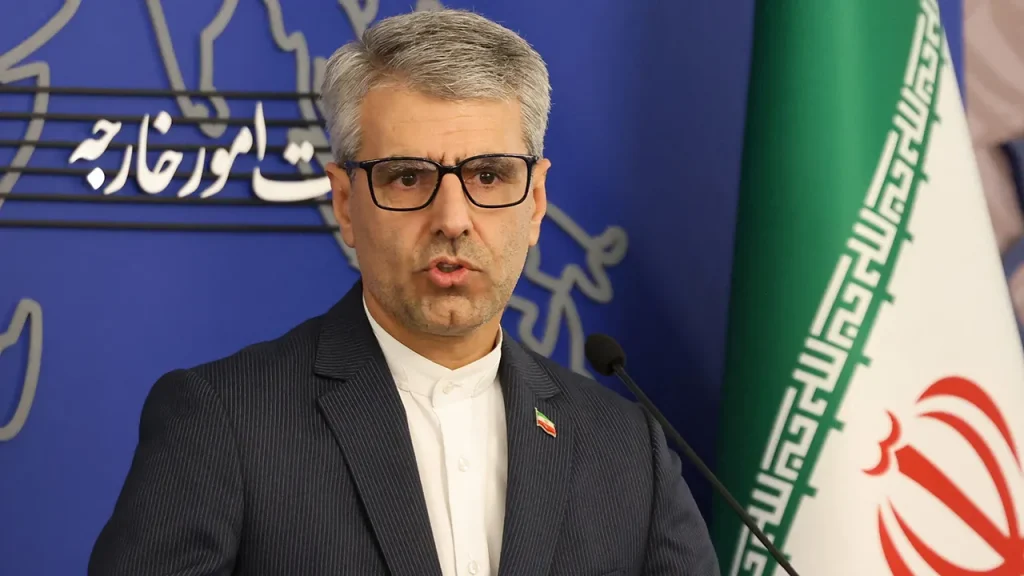Iran has vowed to use all available tools in response to Israel’s strategic airstrikes against the country, despite warnings from the Israel Defense Forces to stand down or face a heavy price. Iranian Foreign Ministry spokesperson Esmaeil Baghaei declared during a televised news conference that Iran will deliver a definite and effective response to the Zionist regime. Israeli air force jets struck 20 targets across Iran during the operation named “Days of Repentance,” targeting air defense systems, missile and drone bases, and weapons production sites. The IDF has stated that it is prepared to target Iran again if it responds to the strikes.
The IDF warned Iran that if they begin a new round of escalation, they will be obligated to respond, and anyone who threatens Israel or seeks to escalate the situation will pay a heavy price. Rear Adm. Daniel Hagari emphasized that Israel has the capability and resolve to act decisively in defense of the state and its people. This targeted response against Iran serves as a warning to the regime about the IDF’s capabilities, according to experts. President Biden stated that he met with intelligence community officials following the strikes and expressed hope that it would be the end of the conflict.
Despite the tensions, Vice President Kamala Harris emphasized the importance of supporting Israel’s right to defend itself. She also stressed the need for de-escalation in the region moving forward. The international community is closely monitoring the situation between Iran and Israel, with many advocating for peaceful resolutions and a reduction in hostilities. The airstrikes by Israel have raised concerns about the potential for further escalation and the impact on regional stability. It is crucial for both countries to exercise restraint and engage in diplomatic efforts to prevent a wider conflict.
The ongoing conflict between Iran and Israel highlights the complex dynamics in the Middle East and the challenges facing regional security. Tensions between the two countries have been simmering for years, with both sides engaging in proxy conflicts and strategic maneuvers. The airstrikes by Israel have escalated the situation, prompting Iran to threaten a strong response. The international community is calling for dialogue and negotiations to ease tensions and prevent further violence in the region.
As Iran and Israel continue to exchange threats and engage in military actions, the risk of a wider conflict looms large. The IDF’s warning to Iran underscores the seriousness of the situation and the potential consequences of further escalation. It is essential for both countries to exercise caution and seek peaceful solutions to their disagreements. The role of the United States and other major powers in mediating the conflict will be crucial in preventing a full-blown war between Iran and Israel. As the situation unfolds, the world will be closely watching for any developments that could impact regional security and stability.
In the midst of the conflict, President Biden and Vice President Harris have reiterated their support for Israel’s right to defend itself while also emphasizing the need for de-escalation. The international community has a vested interest in preventing further violence and instability in the Middle East, as it could have far-reaching implications for global security. Diplomatic efforts and negotiations will be key in defusing tensions between Iran and Israel and preventing a wider conflict. The path to peace in the region will require careful diplomacy and a commitment to dialogue from all parties involved.


